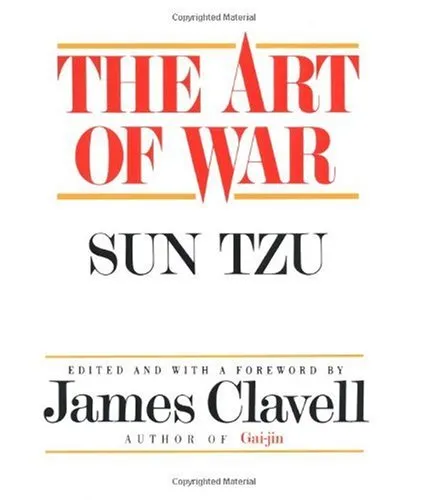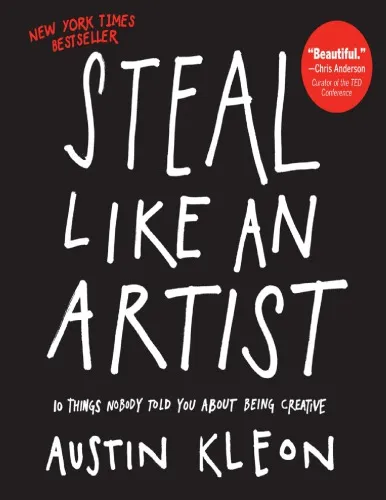The Art of War by Sun Tzu
4.5
Reviews from our users

You Can Ask your questions from this book's AI after Login
Each download or ask from book AI costs 2 points. To earn more free points, please visit the Points Guide Page and complete some valuable actions.Related Refrences:
Introduction to 'The Art of War by Sun Tzu'
'The Art of War' by Sun Tzu is a timeless masterpiece that distills the core principles of warfare, strategy, and leadership. Written over two thousand years ago, this ancient Chinese text has transcended its military roots to become a revered guide in various spheres such as business, politics, and personal development. Through its concise and poetic style, the book encapsulates wisdom that is relevant for anyone seeking to face challenges with a strategic mindset.
Summary of the Book
The book consists of 13 chapters, each focusing on a distinct aspect of warfare. It begins by establishing the importance of strategic planning in "Laying Plans," where Sun Tzu emphasizes the significance of careful preparation and understanding the terrain. As the chapters unfold, he delves into topics including 'Waging War,' where the economics and logistics of warfare are discussed, and 'Strategic Offensive' concentrated on the need to outwit the enemy.
Efficiency and effectiveness in combat are addressed in 'Tactical Dispositions,' while 'Energy' highlights the power of adaptability and flexibility in strategy. Sun Tzu emphasizes the importance of understanding both oneself and the enemy in 'Weak Points and Strong,' and discusses the utility of direct and indirect tactics in 'Maneuvering.'
Other chapters such as 'Variation in Tactics' and 'The Army on the March' explore the complexities of battlefield maneuvers. 'Terrain' underscores the tactical advantage based on an understanding of landscapes, while 'The Nine Situations' outlines various strategic scenarios an army might encounter. Concluding with 'Attack By Fire' and 'The Use of Spies,' Sun Tzu covers unconventional warfare and intelligence gathering. Each chapter imparts insights on how to achieve victory with minimum resources and loss.
Key Takeaways
- Strategic planning and flexibility are crucial for success.
- Understanding the enemy is as important as knowing oneself.
- Minimizing conflict achieves the greatest victories with less cost.
- Resource management and logistic considerations are as critical as combat tactics.
- Exploiting weaknesses rather than attacking strengths leads to victory.
Famous Quotes from the Book
"The supreme art of war is to subdue the enemy without fighting."
"In the midst of chaos, there is also opportunity."
"If you know the enemy and know yourself, you need not fear the result of a hundred battles."
Why This Book Matters
'The Art of War' goes beyond military strategy; it offers profound insights into human nature, competition, and strategy. Its principles can be applied not just on the battlefield but in any context where strategy and leadership are crucial. Business leaders, coaches, athletes, and politicians have found inspiration in Sun Tzu’s teachings, making 'The Art of War' a perennial guide for overcoming obstacles and achieving goals.
Its emphasis on strategic foresight, adaptability, and psychological acuity has ensured its enduring relevance. In a rapidly changing world, the lessons from 'The Art of War' continue to guide those who seek to achieve more with less, advocate for conflict resolution, and exercise leadership with wisdom and responsibility.
Free Direct Download
You Can Download this book after Login
Accessing books through legal platforms and public libraries not only supports the rights of authors and publishers but also contributes to the sustainability of reading culture. Before downloading, please take a moment to consider these options.
Find this book on other platforms:
WorldCat helps you find books in libraries worldwide.
See ratings, reviews, and discussions on Goodreads.
Find and buy rare or used books on AbeBooks.




